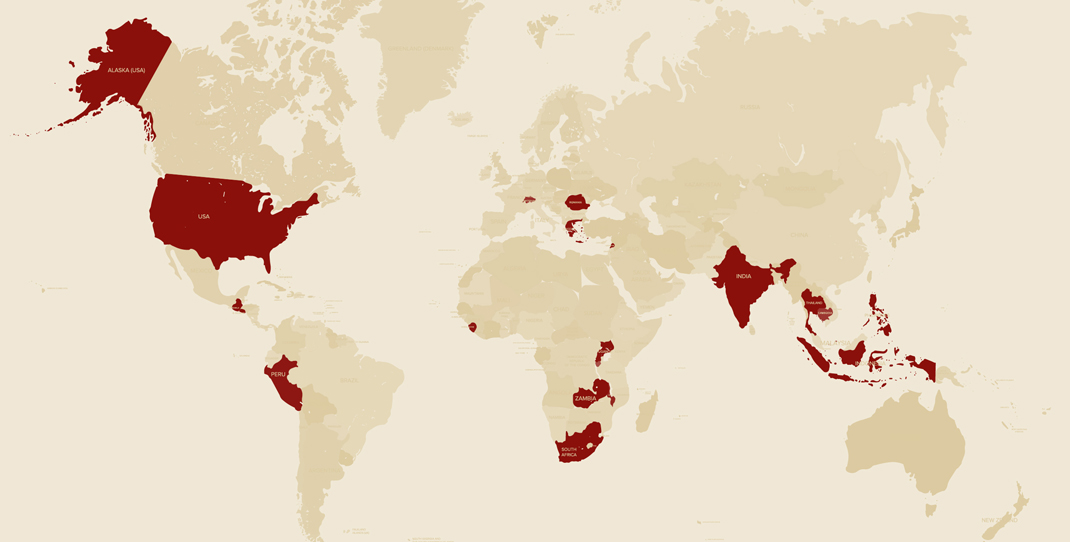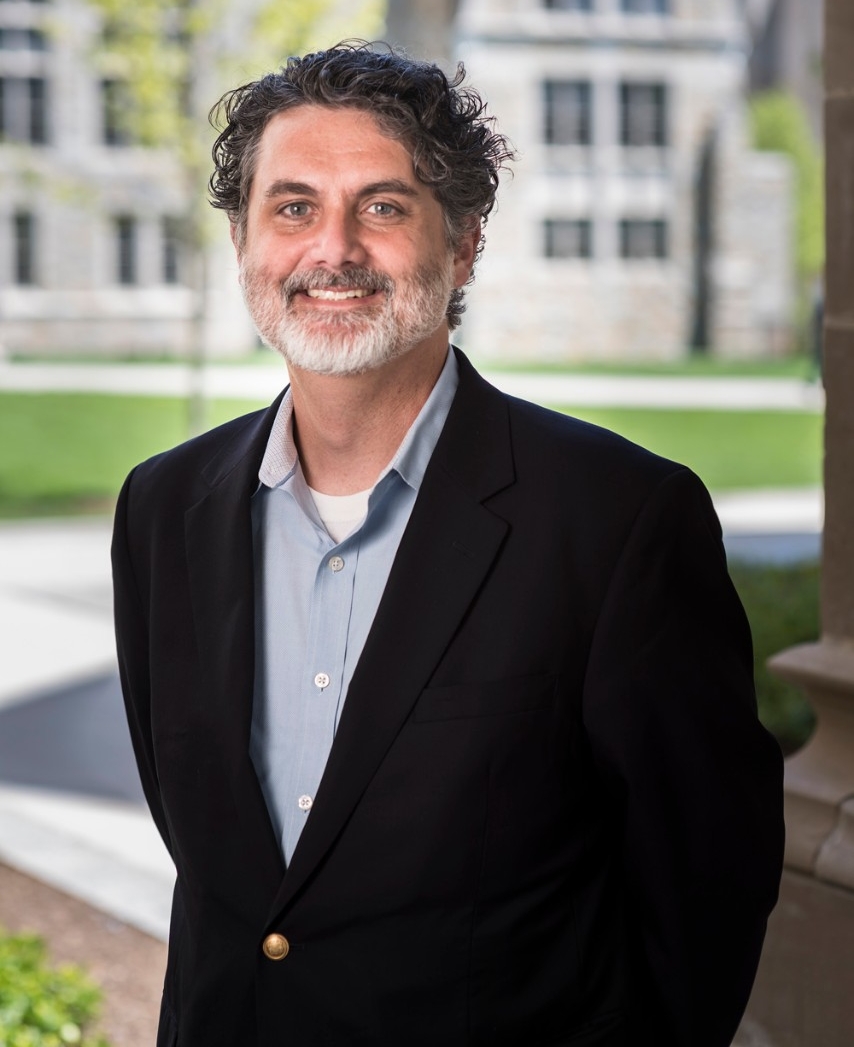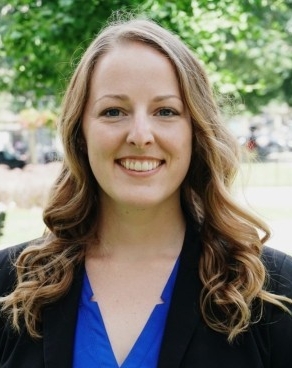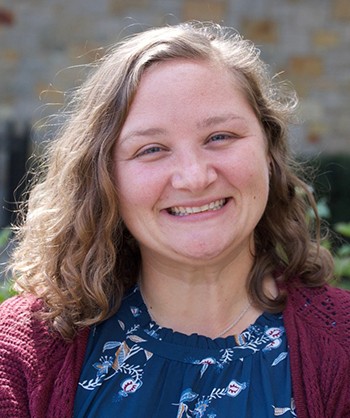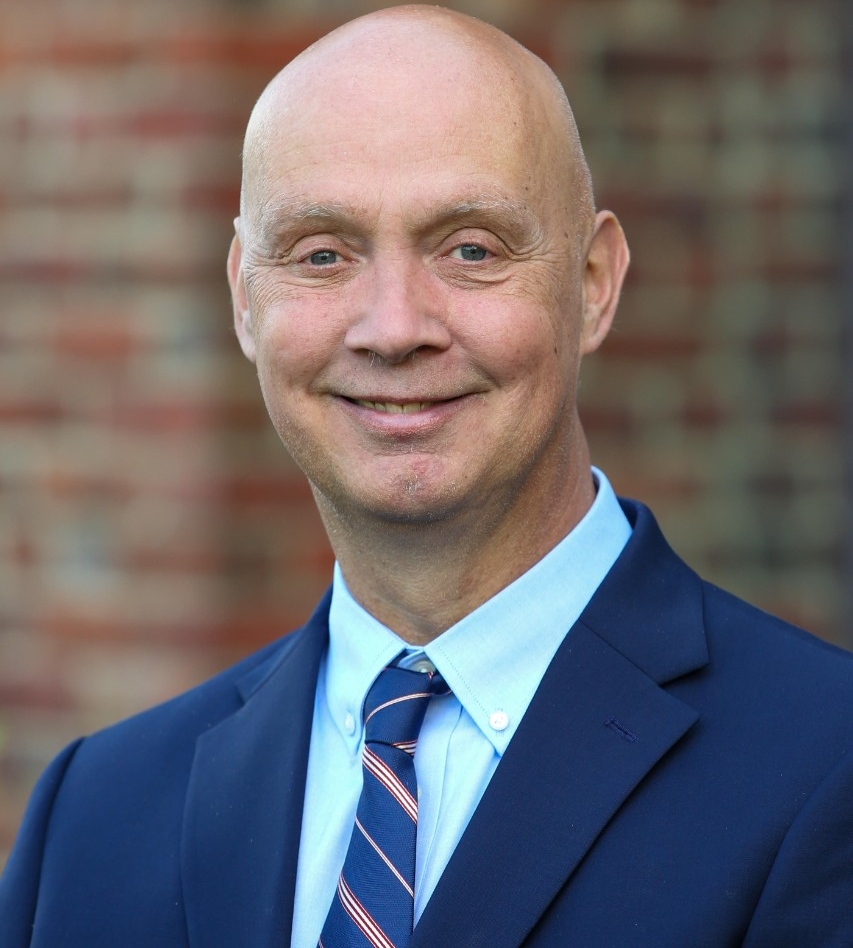The 2023 cohort of students in the Global Practice program will be working in 19 countries around the world. (Graphic by Rebecca McDade)
Though the spring semester is newly under way, 25 BC School of Social Work students are already well into the next phase of their education.
Working in locations as far away as the Philippines, Uganda, Cambodia, and Lebanon as well as in the United States, the BCSSW students are involved in a range of tasks, some providing counseling and case management support to survivors of gender-based violence, or developing and implementing programming for newly arrived refugees. Others are establishing monitoring and evaluation protocols for mental health and psychosocial support programming, or researching and advocating global migration policies and peace theory and praxis.
The 25 form the largest cohort in the 17-year history of BCSSW’s Global Practice program, which prepares students for the fields of global social work, humanitarian aid, and international development. Global Practice focuses on addressing complex social issues that go beyond national boundaries and affect many populations, blending social work praxis with the principles of human rights, human security, human development, and the promotion of sustainable solutions to social problems.
Students in the program go on a field placement for their final semester, working domestically or internationally with one of BCSSW’s intergovernmental and nongovernmental organizational partners such as Jesuit Refugee Service, Catholic Relief Services, International Catholic Migration Commission, International Rescue Committee, Lighthouse Relief, Solid Minds, FXB India Suraksha, and PTI Cebu.
“ The desire to provide more holistic and integrated services led me to pursue social work. The BCSSW program is incredibly unique in how it practically prepares students to work in a variety of contexts with a global lens to better support individuals and communities. ”
BCSSW administrators say the Global Practice field placement serves as a proving ground for students’ professional, academic, and personal formation—an opportunity to not only put theory, instruction, and values into action under the tutelage of experienced professionals, but test their ability to adapt to unfamiliar environments and cultural perspectives.
“Students learn more about themselves than they might think,” said BCSSW Assistant Director for Field Education Lyndsey McMahan. “How do you interact with someone whose life seems to have little in comparison to yours? How do you live in a place that’s so vastly different than what you’re used to? How do you navigate a situation when basic supplies and staples of everyday life aren’t available? That’s when their problem-solving skills are needed.”




